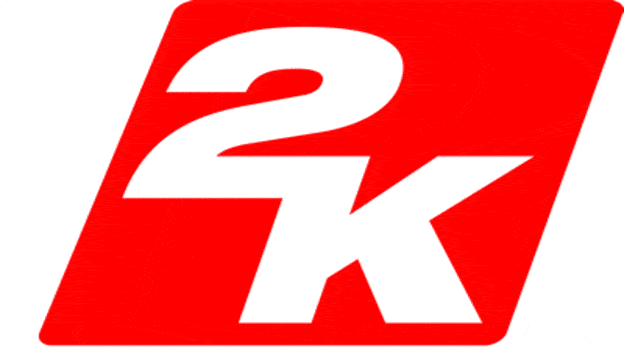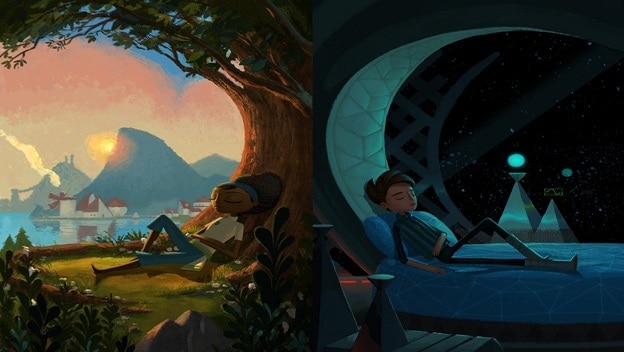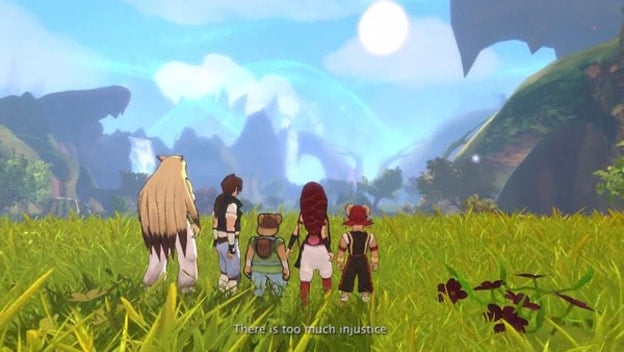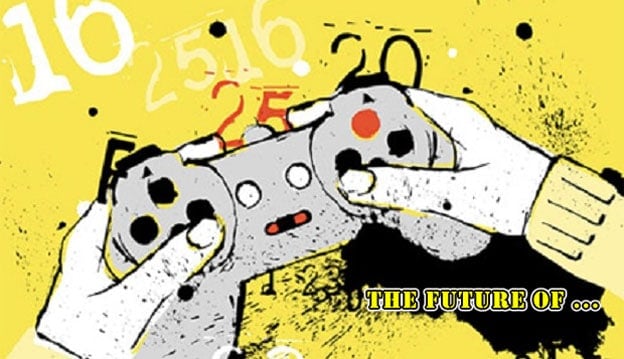As the old saying goes, “you need to spend money to make money.” In the case of the video game industry, this usually means hundreds of thousands to millions of dollars spent paying developers, coders, artists, sound technicians, and more just to get a game made. Most video game developers aren’t rich, so this money isn’t going to come out of their own pockets. Instead, it will come from investors and publishers, companies that have enough money to fund a full gaming project.
Publishers Have the Final Say

Developers allow the publisher to have input on their game. Publishers decide what ideas are good and what ideas are bad. They analyze markets and gear the game toward making the most profit. They are the business end of the video game industry. The people who make sure that a game gets sold after it’s made.
This has been the basic formula ever since the early days of gaming. A development team comes up with a good idea, puts together a demo, and then takes it to a publisher in the hopes of getting picked up. If everything is working the way it should, the good ideas will be kept and the bad ideas will be thrown out. However, publishers are only human, and if E.T. for the Atari 2600 can be used as an example, they make mistakes as well. It’s unfortunate, but some truly horrible games get published while some great ones get left on the cutting room floor.
Then Came the Digital World

Then the indie game revolution happened. With the ability to digitally distribute your games rather than printing them on discs, developers began making games on lower budgets with less publisher intervention in exchange for selling them at lower prices. While the God of Wars and Halos of the game industry were still done under the watchful eye of big-name publishers, games like Super Meat Boy and Braid were made by small groups of developers trying to make the games of their dreams. Publishers were becoming more and more removed from the development process.
Then Double Fine tried a groundbreaking experiment. They wanted to see if they could fund, create, and distribute a game without any publisher intervention whatsoever. The game would be a point-and-click adventure game, a genre that many modern-day publishers are hesitant to take a chance on. They started a Kickstarter for their project to attempt to raise $400,000 for development. They managed to raise over three million dollars. Why is this so significant?
Keeping Game Development Small

Big games cost a lot of money. Even something as “simple” as an Xbox LIVE Arcade title can cost upwards of two or three million dollars. For disc-based games, it can be over ten times that amount. To finance the production, promotion, and distribution of these massive undertakings, companies like Double Fine have to rely on external sources like publishers, investment firms, or loans. And while they fulfill an important role in the process, their involvement also comes with significant strings attached that can pull the game in the wrong directions or even cancel its production altogether. Thankfully, viable alternatives have emerged and gained momentum in recent years.
Keeping the scale of the project this small accomplishes two things. First and foremost, Double Fine gets to make the game they want to make, promote it in whatever manner they deem appropriate, and release the finished product on their own terms. Secondly, since they’re only accountable to themselves, there’s an unprecedented opportunity to show the public what game development of this caliber looks like from the inside.
Not the sanitized commercials-posing-as-interviews that marketing teams only value for their ability to boost sales, but an honest, in-depth insight into a modern art form that will both entertain and educate gamers and non-gamers alike.
Crowdsourcing Strategies

This essentially turns the entire video game publishing process on its head. Instead of funding a project and then hoping that the public cares enough to buy it, the public itself funds the project before it is even complete and as a reward gets copies of the complete game. On average, each person funding both of these projects only donated about 40 dollars, less than a normal game release, and by merely donating 15 dollars you were guaranteed a copy of the game when it came out.
On average, only about 15% of video game profits go to a developer when a game is sold. 20% goes to a retailer, 20% goes to the console maker, 15% goes to marketing, and the largest percentage, about 30%, goes to the publisher. That means that Double Fine would have had to sell approximately 370,707 copies of their game at $60 dollars a pop to make the 3.3-million-dollar funding they’ve received through Kickstarter.
As it stands, only a fifteen-dollar donation guaranteed you a copy of the game, and only 87,142 backers pledged any money at all. But Double Fine will still be able to make more profits after this game is complete by selling it to people who haven’t donated. We pay less money, Double Fine gets more money, and the only people who appear to be suffering from this are publishers and investors that aren’t involved in the project at all. Not only that, but these projects seem to be starting a trend of perpetuating the funding as well.
Don’t Lose Hope in Publishers

That’s not to say that publishers are all bad. Even Double Fine has said that they are an integral part of the game development process. This is also not to say that publishers have been made obsolete. There will always be the big blockbusters like Call of Duty that will come out through the powerful support of Activision. However, Kickstarter has allowed indie developers to democratize the process. Instead of listening to publisher opinions on what will and will not sell, the consumers can voice their opinions directly with their money.
Departing Thoughts
It’s possible that the game publishing landscape might change completely in the next twenty years. Publishers may become further and further detached from the process until nearly all game development projects are independently funded. Or perhaps the studios that succeed with Kickstarter projects will move on to
become publishers themselves, allowing new small-time video game projects to get started. The key here is diversity. By introducing a new way to fund video game projects, we are allowing brand new ideas a chance to succeed.
In conclusion, public funding will actually cause the videogame market to evolve. New developers will come forth with new ideas about new types of gameplays that we may not even have thought of yet. The definition of what the public “likes” will be totally changed as the public can speak for themselves with their hard-earned money. Though publishers will always exist, Kickstarter and other publicly funded projects represent a bright alternative that will diversify our choice in games for the better in years to come.
